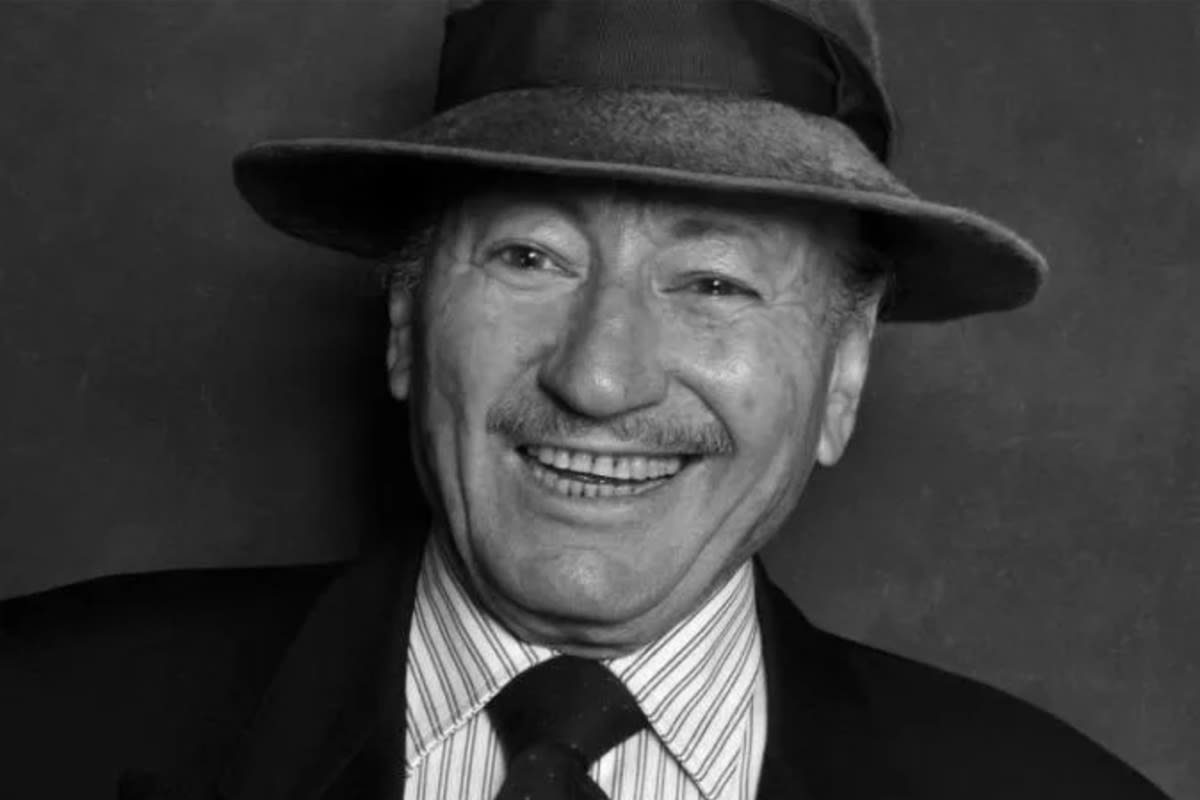The departure of the Algerian director Mohamed Lakhdar Hamina.. the owner of the Golden Palm and the creator of "Chronicle of the Years of Embers".

Algerian filmmaker Mohammed Lakhdar-Hamina, the only Arab to win the Golden Palm at the Cannes Film Festival, has passed away on Friday, May 23, at the age of 95 in his home in the Algerian capital, as announced by his family in an official statement.
His children mourned him, describing him as leaving behind "a priceless cinematic legacy and an exceptional artistic vision that left its mark on the history of cinema," affirming that over four decades, he managed to be "a cultural bridge between the South and the West, and a voice for the Third World and his homeland Algeria."
The late filmmaker was among the most prominent Arab directors internationally acclaimed, having competed in the official competition at Cannes four times, winning two major awards: the Golden Palm for his timeless film "Chronicle of the Years of Embers" produced in 1975, and the Best First Work award for his film "The Winds of the Aures" in 1966.
In an official reaction, Algerian President Abdelmadjid Tebboune mourned him, considering him "a giant of world cinema," pointing out that his films "revealed the suffering of the Algerian people during the colonial era to the world." The president added in his statement: "Before being a creative filmmaker, he was a valiant fighter who, through his lens, contributed to introducing the world to our people's struggle."
The Cannes Film Festival honored the late filmmaker this year by screening a new version of his famous film "Chronicle of the Years of Embers" as part of the "Cannes Classics" program, a tribute to his career that influenced world cinema, as reported by the French Press Agency.
The deceased was born on February 26, 1934, in the city of M'sila into a simple farming family. After studying agriculture, he traveled to France where he met his wife in the city of Antibes. He joined the Algerian resistance in Tunisia in 1958 after his father was tortured and killed by the French army.
Hamina began his cinematic journey with practical training at a Tunisian channel, directing his first documentary film "But One Day in November" in 1964. Over five decades, he presented important works such as "Hassan Terro," "December," "Sandstorms," culminating in his final film "The Last Image."
His family described him in the farewell statement as "one of the last giants of epic cinema that combined strength and poetry, leaving an indelible mark on the memory of world cinema," affirming that his works will remain a testament to the greatness of his creativity.